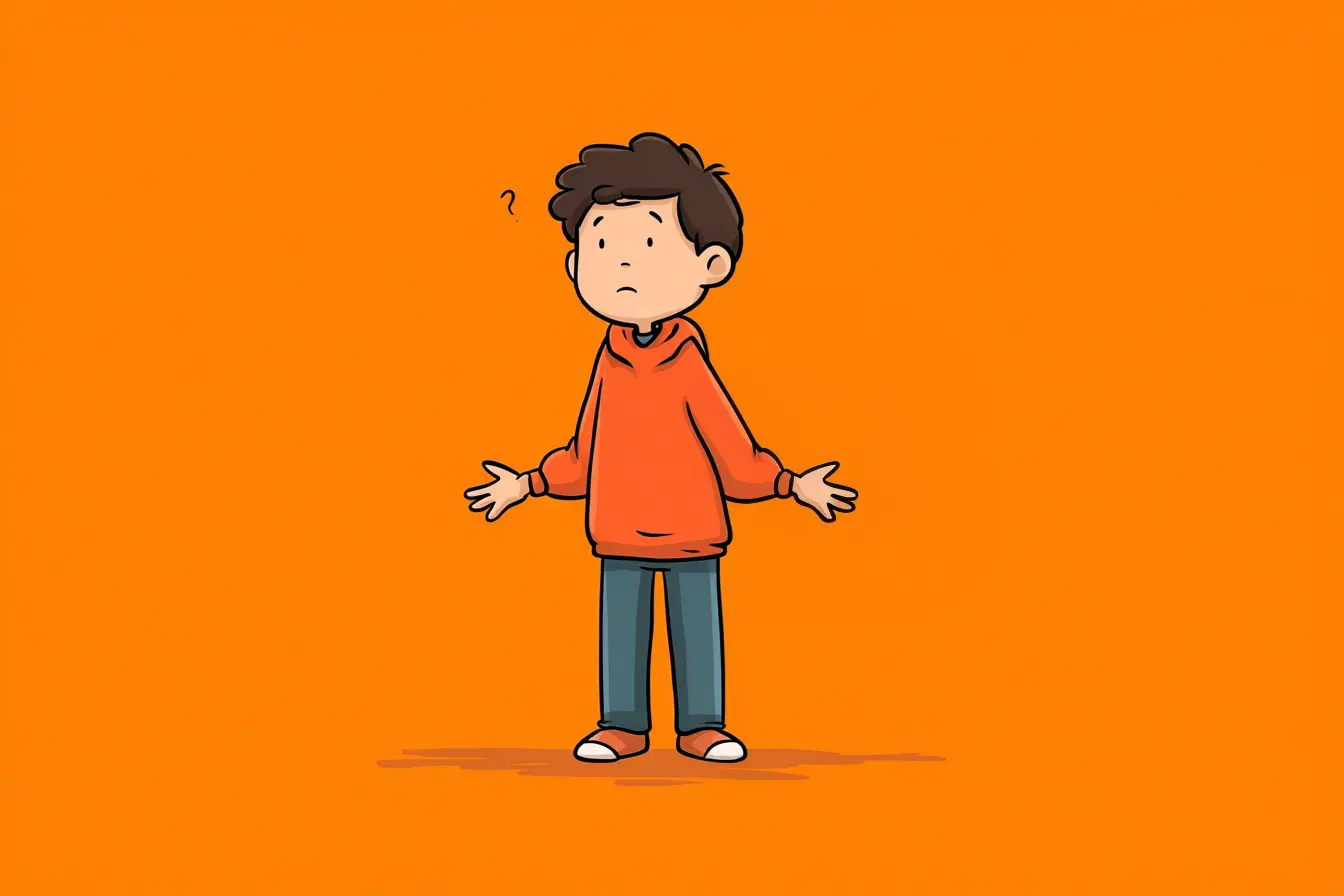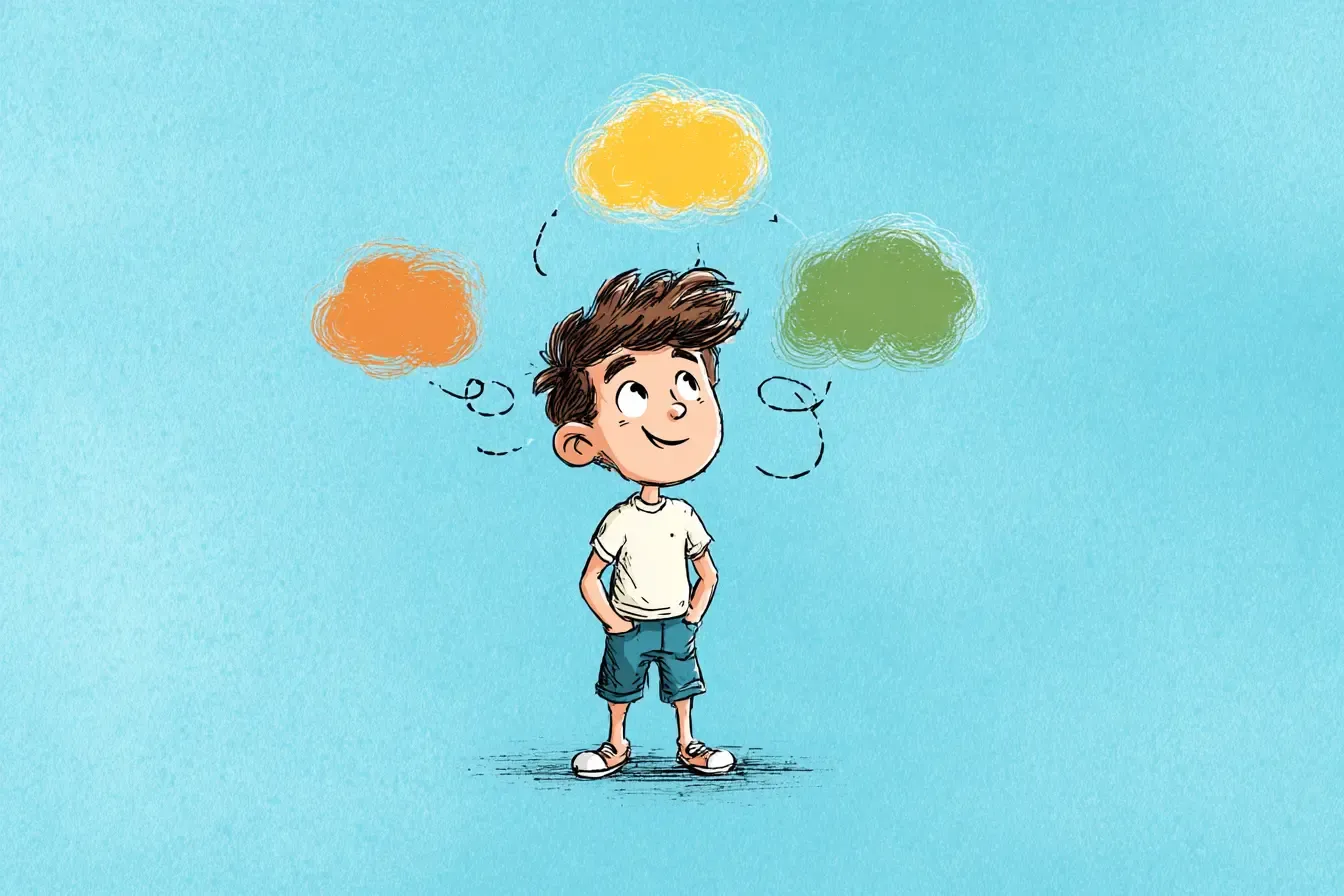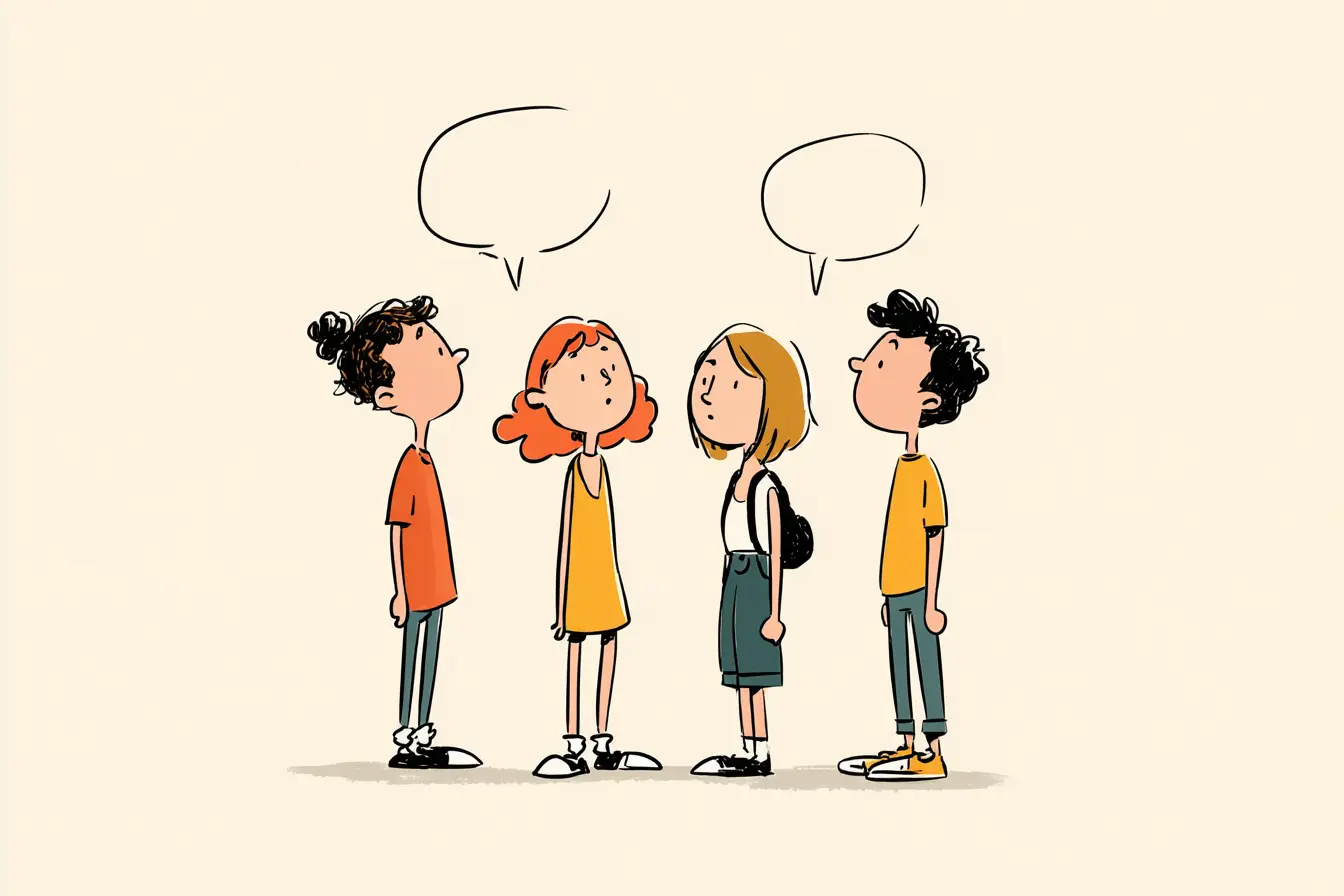Learning how to give compliments in English is more than just saying nice things—it's essential to integrating into English-speaking culture. English speakers value kindness and the use of compliments to express gratitude, and appreciation, or simply to break the ice in conversation. Understanding when and how to give compliments can help you build stronger relationships and leave a positive impression. Additionally, learning these compliments in English will improve your vocabulary and boost your confidence when interacting in English, making your conversations much smoother!
General Compliments
These compliments are perfect for any context as they convey positive feelings. They’re great for anyone in your environment:
- "You always make people feel special";
- "You have such a positive energy";
- "You're really good at what you do".
Compliments for Friends
Compliments between friends should be warm and sincere, conveying genuine appreciation. These are ideal for friendships or informal relationships:
- "You’re the funniest person I know";
- "You have a heart of gold";
- "You always know how to cheer me up".
Compliments for Women and Men
When complimenting women or men in English, it's important to consider the context and the relationship you have with the person. It’s crucial to choose words that highlight specific qualities but also ensure the compliment is appropriate for the situation. A compliment that works well in a casual setting among friends may not be suitable in a professional environment or with someone you don’t know well.
Compliments for Women:
It’s common to use words like "beautiful" or "gorgeous" to talk about appearance. For example:
- "You look gorgeous";
- "You’re glowing!";
- "That outfit looks great on you!";
- "You have a great sense of style".
Compliments for Men:
While "beautiful" can be used for men, it's more common to use terms like "handsome" or "good-looking." For example:
- "You look very handsome today";
- "You look sharp!" (great for formal attire);
- "You look very confident";
- "Have you been working out?" (suggesting good physical condition).
Professional Compliments
In a work setting, it’s helpful to give respectful, professional compliments:
- "Your hard work really shows";
- "You’re a valuable asset to the team";
- "You always bring great ideas to the table";
- "Your leadership skills are impressive";
- "You handle challenges really well".
Compliments on Achievements
Recognizing achievements is a great way to motivate someone:
- "You’re so talented at [activity]";
- "You’ve made a lot of progress".
How to Respond to Compliments
When receiving a compliment, it’s essential to know how to respond with gratitude:
- "Thank you, that means a lot to me";
- "I appreciate it!";
- "Thank you, that means a lot coming from you";
- "I’m so glad you noticed!".
Tips for Giving Effective Compliments
- Be specific: Instead of simply saying "You’re great," add details to make it more personal;
- Be genuine: Compliments are more impactful when you truly mean them.
Mastering the art of compliments in English will not only improve your language skills but also strengthen your relationships. Practice with these examples and take your English to the next level!


















